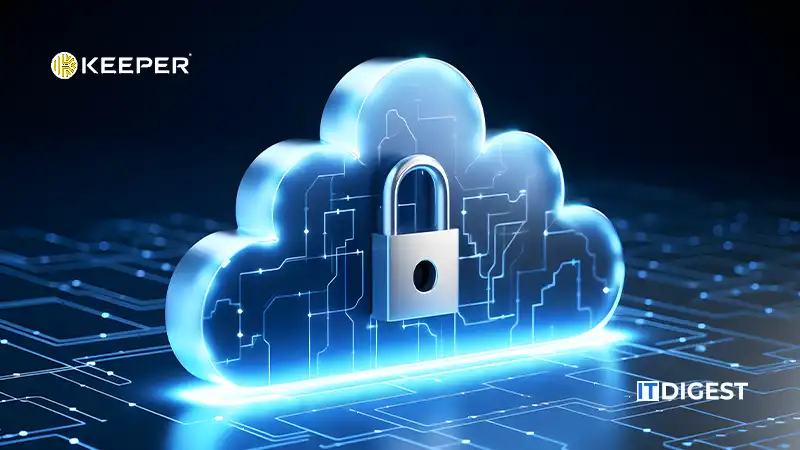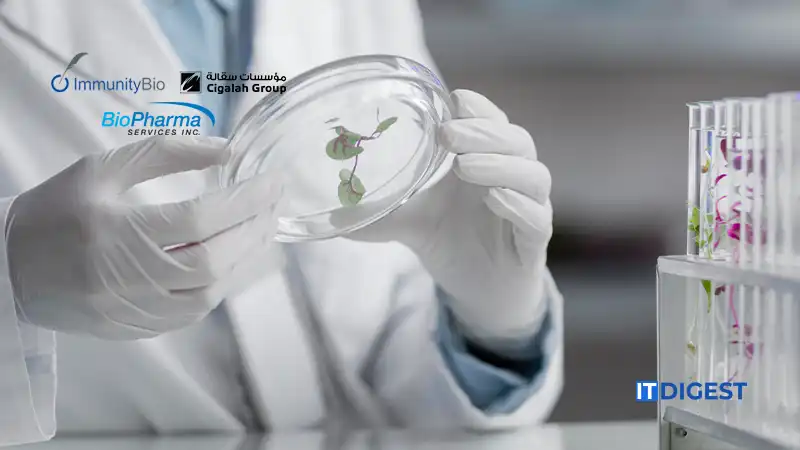At an online meeting on November 25, UNESCO and Huawei announced the launch of the implementations phase of the Technology-Enabled Open Schools for All (TeOSS) project in Ghana, Ethiopia, and Egypt.
Aligned with UN SDG4, TeOSS will serve as a basis for powering the digital transformation of the education sector and support the three UNESCO member states in building resilient education systems that can withstand global disruptions such as COVID-19. Evaluating project outcomes will help guide strategies and models for scaling out TeOSS at a national level, and for expanding the project to other African nations to drive ICT integration into teaching and learning.
In addition to connecting schools, the TeOSS projects in Ghana, Ethiopia, and Egypt will provide training for teachers and students in the use of digital tools, establish online platforms to link school and home learning, and develop digital curricula that can be accessed remotely without supervision. It is aimed to help students become confident digital citizens capable of navigating the virtual world independently and equip teachers with the skills required to use existing and new digital tools to maximize learning outcomes.
“The project is designed to test schooling models that can respond immediately to new challenges imposed by the pandemic and also leverage technology to help enable the development of future models of schooling,” said Stefania Giannini, Assistant Director-General for Education, UNESCO. “It is defined by a digital school model that makes programs accessible for all students, whether in times of crisis or not – it is a case of going beyond the current situation and opening a new horizon of teaching and learning.”
Planned in close collaboration with the governments of Ghana, Ethiopia, and Egypt in line with their existing national strategies, the TeOSS projects have been developed to meet specific local needs.
































